We Should Have Known About J.K. Rowling's Views, Thanks to Her Under-the-Radar Book Series
Valid criticism has been written about JK Rowling's transphobic comments, and our relationship to Harry Potter. But what about her Robert Galbraith books?
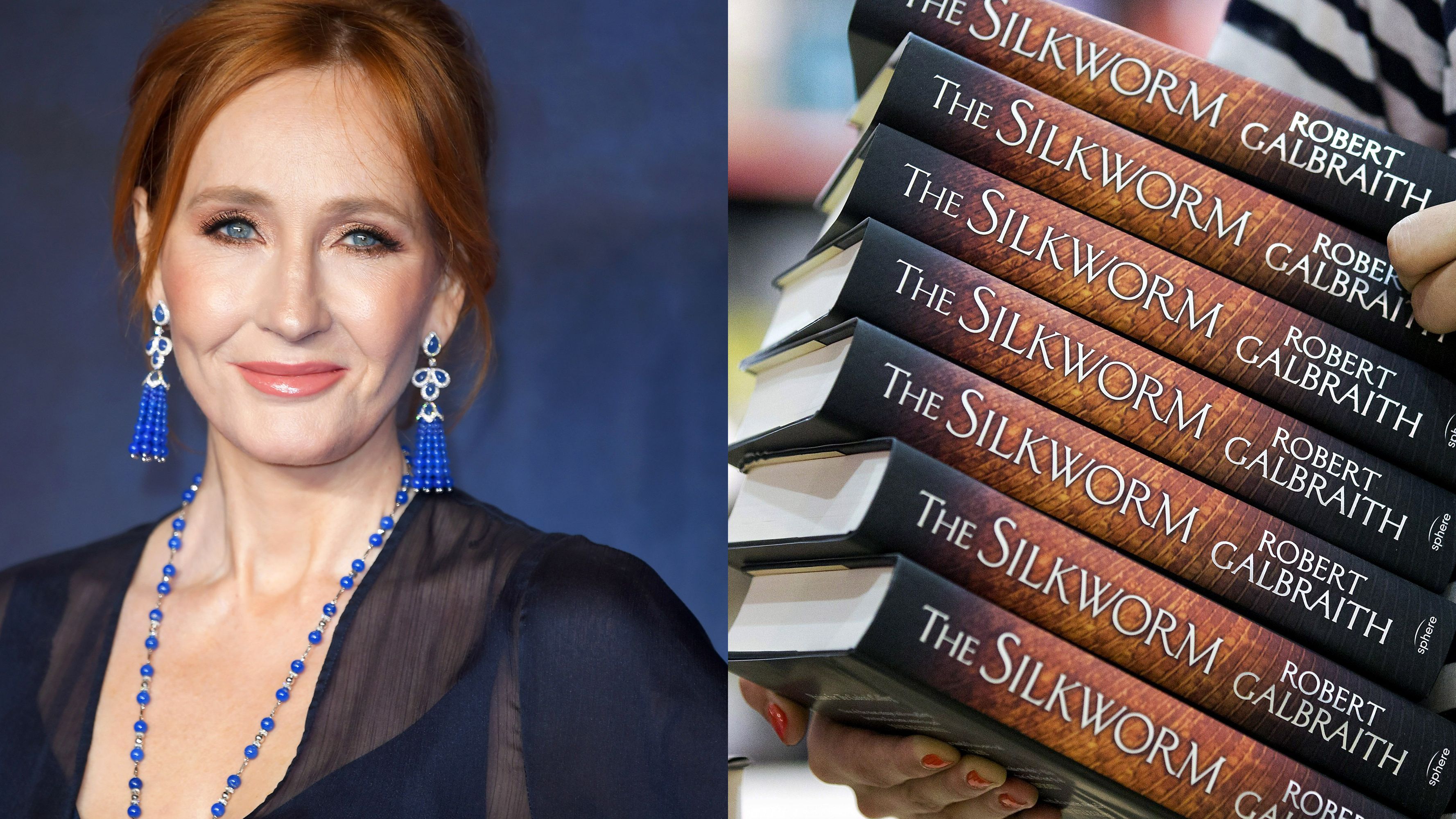

Content warning: This piece includes details of transphobia, racism, and violence.
A lot of valid criticism has already been written about J.K. Rowling and, by extension, Harry Potter, particularly in light of the author's recent, vastly misinformed anti-transgender comments via blog post, Twitter, and elsewhere. Like so many Potter fans, I'm wrestling with my disappointment and personal relationship to the series in light of all this. Many intelligent articles explore the misinformation she uses to defend her perspective and how insensitivity around gender and race was already evident in her wizardry canon. For the original seven books (1997-2007), though, some fans have argued that they were "of their time" and subject to increasing criticism after the books were completed. But what about Rowling's other series, the whodunit mysteries she's actually still writing under the pseudonym Robert Galbraith? Unlike Harry Potter, this story takes place in the real world—one in which Rowling directly explores issues of race, gender, and sexuality. It's really bleak.
For a long time, I loved the Strike series. I preordered the books. I read them the day they came out. I loved her representation of her secondary protagonist, Robin Ellacott, who's a rape survivor with PTSD—made even more poignant because Rowling shared she's a sexual assault survivor in her latest blog post and has since claimed to have received rape and death threats. I'm also a rape survivor; I felt so seen by Robin's depiction that I wrote a Medium blog post devoted to it in 2018. It was perhaps because of my own connection to one of the characters that it took me much too long to acknowledge what else was staring me, a cisgender white woman, directly in the face.
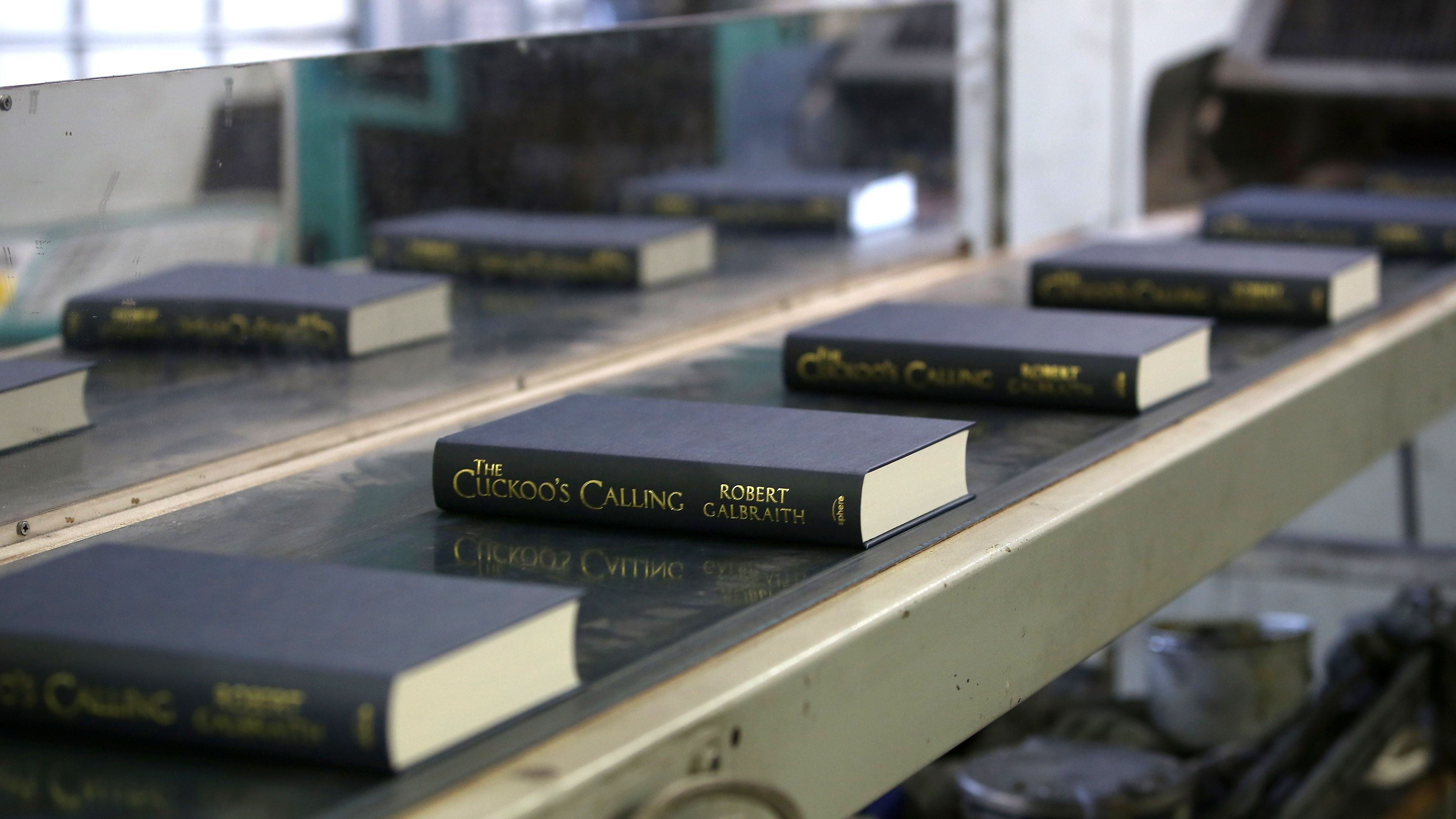
After Rowling was revealed as Galbraith, sales soared and printers had to start reprinting the book in larger numbers.
There's a strong moralistic undercurrent in the Strike series. Exploring some similar themes as The Casual Vacancy, there's no patience for people who are lazy, greedy, gossipy, fame-seeking, cheating, or deceitful. Among others, she presents unlikeable characters who take the form of conservative, hypocritical politicians; radical leftists; wealthy elite who rub elbows with royalty; publishers, editors, authors—especially the misogynist ones—in the literary world; and journalists, particularly those who work for the Daily Mail and Sun chasing salacious stories and hacking phones. By contrast, protagonist Cormoran Strike is an impoverished, disabled veteran who lost half a leg to an IED in Afghanistan. As a private detective, he serves as the sometimes caustic voice of reason as he seeks justice for his clients.
RELATED STORY
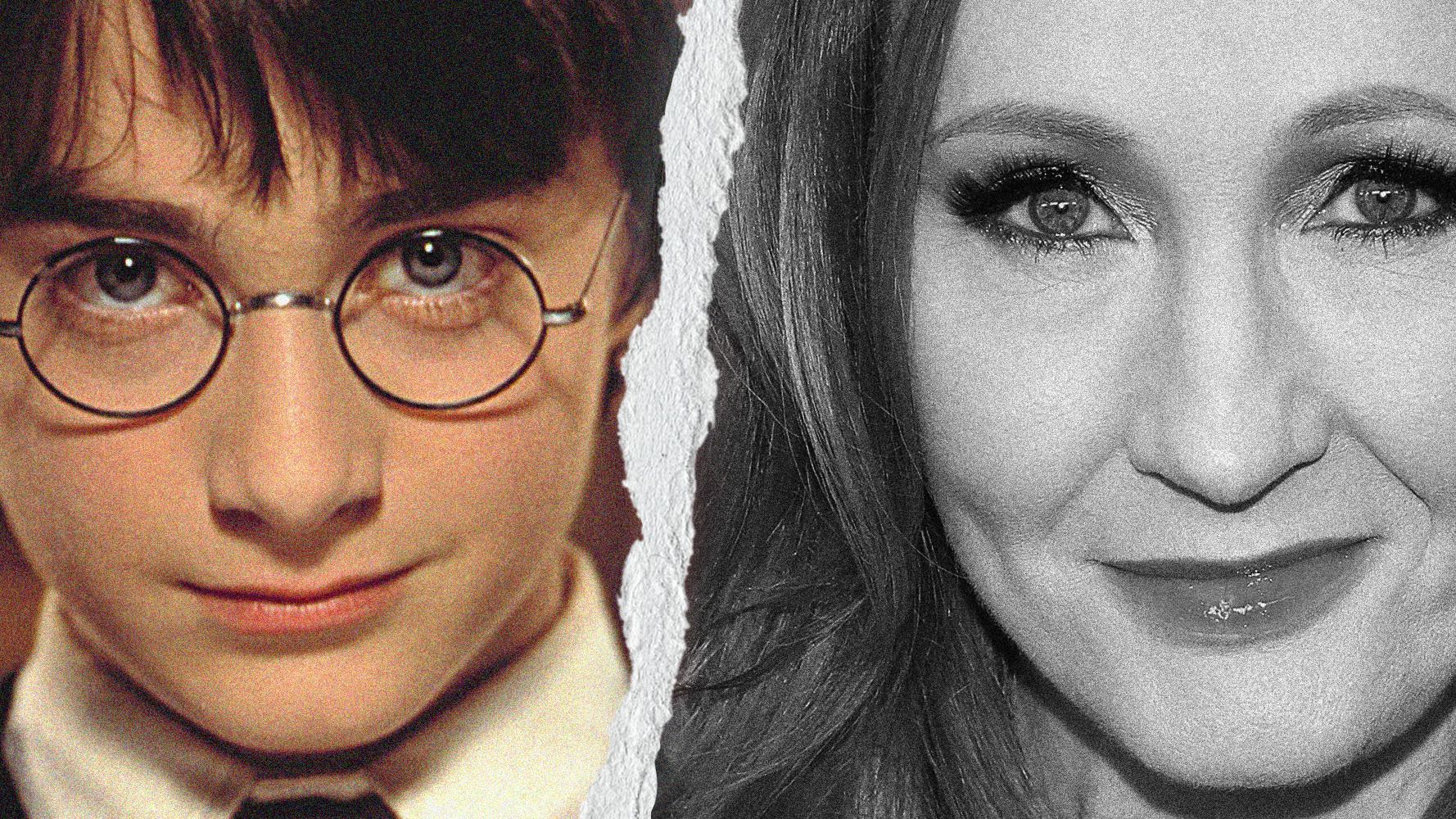
To an extent, this is the job of the crime writer—to create characters that read as seedy, given that they're all potential suspects. But this element makes it all the more upsetting that, as with Harry Potter, problematic racial undertones exist throughout: describing a seamstress as "oriental" in book one, The Cuckoo's Calling, and calling a multiracial man a "masterpiece produced by an indecipherable cocktail of races." A homeless Black woman, "uncompromisingly plain" with "greasy skin...the color of burned earth...covered in acne pustules and pits" is a covetous blackmailer, killed for her shortsightedness. An Italian Briton in book four, Lethal White, is "swarthy" and ultimately sociopathic. There's an offhand use of the n-word via a Jay-Z and Kanye song in the background. An investigating Strike resorts to taunting a Muslim man about his family's disownment because of their mistaken belief in his homosexuality.
Rowling's not the first crime writer to use racist stereotypes, but the problems don't stop there. There are even fewer LGBTQ+ representations, but we actually don't have to go far to see her depict a transgender character: book two, The Silkworm, which won the Gold Dagger Award in 2015 from the Crime Writers' Association. A potential suspect, trans woman Pippa Midgley is a pitiful, high-strung, violent character with no sense or self-preservation. She stalks and attacks Strike with a Stanley knife. When Strike defends himself and drags her into his office, references are made to Pippa's assigned sex at birth: her "prominent" Adam's apple, voice "as rough and loud as a docker's," and the vocal exercises she may have done, as she explains she's transitioning. Strike threatens her when she attempts escape. "If you go for that door one more fucking time I'm calling the police and I'll testify and be glad to watch you go down for attempted murder. And it won't be fun for you inside, Pippa...not pre-op."
Here, the protagonist, the hero you're meant to be rooting for, is making a pretty clear threat—an allusion to prison rape. This is particularly callous in light of Rowling's admission she's a survivor, and seemingly flying in the face of her blog comment that "[t]rans people need and deserve protection." It's also transphobic to taunt Pippa about her transition—a grossly inappropriate remark that wouldn't be made if he were treating her simply as a nefarious woman—and highlight how that will lead to more violence. Other characters respond with pity, rather than scorn, to Pippa, but her attempts to form a new family after disownment and honor her experience via memoir are treated glibly. At one point Strike calls her a "self-dramatizing twat."
Get exclusive access to fashion and beauty trends, hot-off-the-press celebrity news, and more.
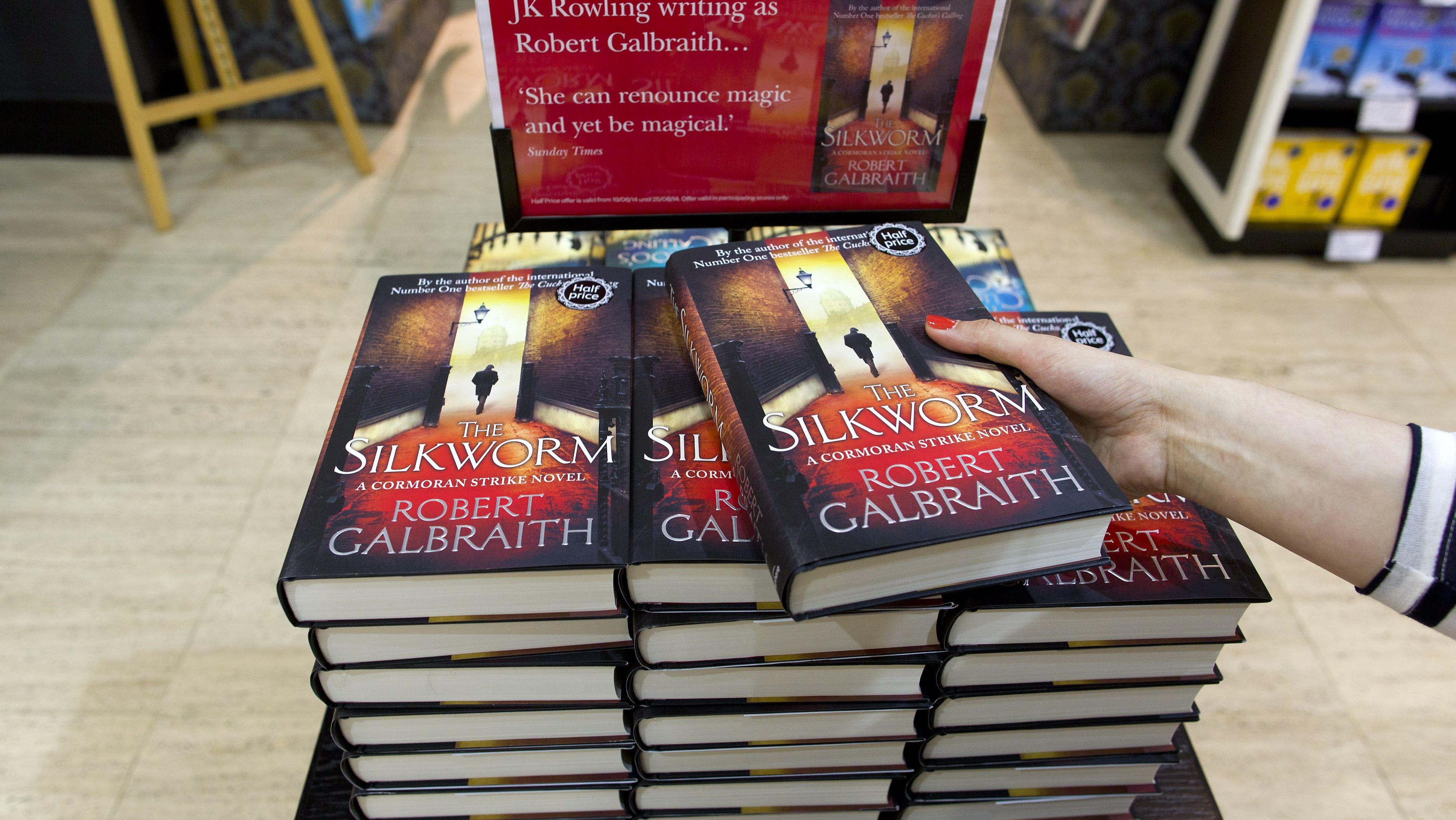
Rowling’s second book debuts at a London bookstore on June 19, 2014.
In 2019, Vice noted the book's transphobic nature as preexisting evidence of Rowling's beliefs. Trans writer Katelyn Burns wrote for Them in 2018 that "[i]t’s an entirely common though insulting trope about trans women—that they are aggressive and unable to overcome their masculine nature, not to mention villainous—that has become all too common from cisgender authors with only a passing knowledge of trans people."
It doesn't stop there. Book three, Career of Evil, spotlights and heaps scorn on two characters with body integrity identity disorder (BIID), in which sufferers "reject" healthy body parts and seek amputation or paralyzation. The disorder garners significant controversy; Researchers categorize it as rare, extreme, and debilitating. It may originate as a psychiatric disorder and/or a neurological problem that produces abnormal brain scans. And some conservative writers incorrectly conflate people who have this agonizing disorder with people who are transgender.
And in fact, some readers have already noted that Rowling's depiction of BIID in Career of Evil comes off as a coded criticism of being transgender. There are similarities in the language, like, "People have died trying to do it themselves," and one of the characters proudly announcing, "It's a need...I've known ever since I was a child. I'm in the wrong body. I need to be paralyzed." This garners a response from the disabled Strike: "Get some fucking help. With your head." Rowling hasn't spoken specifically about her feelings about BIID, but the violent, derisive depiction fetishizes and pathologizes the characters in the same way as Pippa. Worth noting: BBC apparently cut both Pippa and the BIID storylines from the C.B. Strike TV series.
Not as many people read the Strike series—it would be almost impossible to replicate the insane success of Harry Potter—but the first two Strike books hit 1.5 million copies in 2015 and Rowling's been steadily chugging along ever since (book five is set to debut September 29). The decision about what to do with the series depends on what an individual needs to process and heal: Some walk away, some work to separate the art from the artist. Some fans have already said they won't purchase more Strike books. Two Harry Potter fan sites, MuggleNet and Leaky Cauldron, have issued statements condemning her remarks—particularly that she chose to tweet during Pride Month. Some argue that Rowling has made herself irrelevant. Many, myself included, have committed to listening to trans writers when they call out prejudice the first time. Burns posted a thread that encourages readers to pivot from Rowling to the intersection of race and transphobia:
Been thinking a lot about the JK Rowling thing and I think we should continue talking about police violence and Black Lives Matter.June 7, 2020
It's still true that the Strike series helped me reckon with my own trauma and feel seen. But, I'd rather be a true ally. If there's one small silver lining, then, it's that Rowling inspired transgender and nonbinary people—in some cases, to write more inclusive books of their own. "If the root of Rowling’s books is the constant miracle of overcoming considerable odds with love and courage to negotiate hatred," explains writer and transgender woman Charlotte Clymer, "trans people, who leave our homes every day into a world full of discrimination and violence against our bodies and souls, are the closest thing this world has to magic."
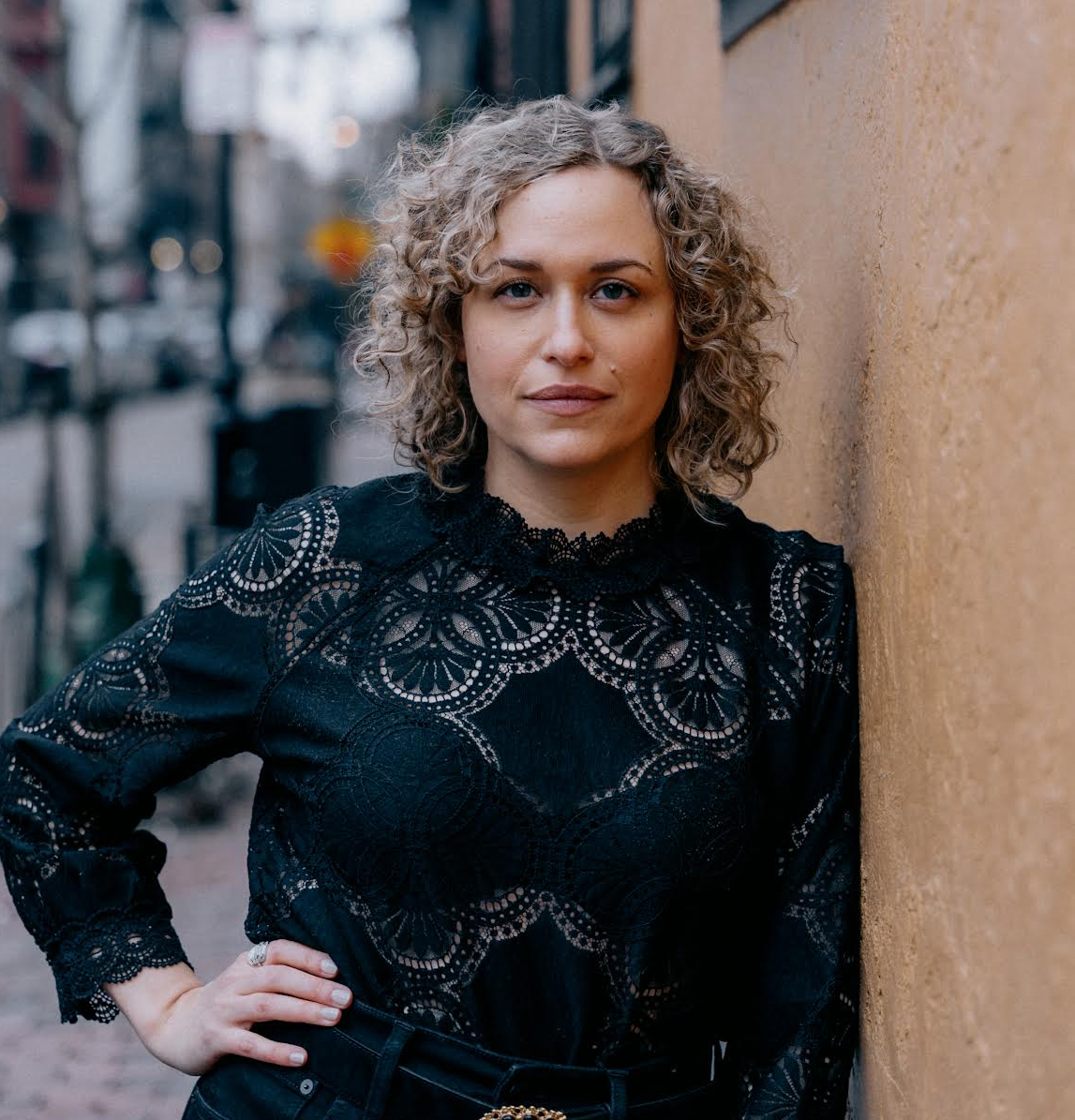
Katherine’s a contributing syndications editor at Marie Claire who covers fashion, culture, and lifestyle. In her role, she writes stories that are syndicated by MSN and other outlets. She’s been a full-time freelancer for over a decade and has had roles with Cosmopolitan (where she covered lifestyle, culture, and fashion SEO content) and Bustle (where she was their movies and culture writer). She has bylines in New York Times, Parents, InStyle, Refinery29, and elsewhere. Her work has also been syndicated by ELLE, Harper’s Bazaar, Seventeen, Good Housekeeping, and Women’s Health, among others. In addition to her stories reaching millions of readers, content she's written and edited has qualified for a Bell Ringer Award and received a Communicator Award.
Katherine has a BA in English and art history from the University of Notre Dame and an MA in art business from the Sotheby's Institute of Art (with a focus on marketing/communications). She covers a wide breadth of topics: she's written about how to find the very best petite jeans, how sustainable travel has found its footing on Instagram, and what it's like to be a professional advice-giver in the modern world. Her personal essays have run the gamut from learning to dress as a queer woman to navigating food allergies as a mom. She also has deep knowledge of SEO/EATT, affiliate revenue, commerce, and social media; she regularly edits the work of other writers. She speaks at writing-related events and podcasts about freelancing and journalism, mentors students and other new writers, and consults on coursework. Currently, Katherine lives in Boston with her husband and two kids, and you can follow her on Instagram. If you're wondering about her last name, it’s “I go to dinner,” not “Her huge ego,” but she responds to both.